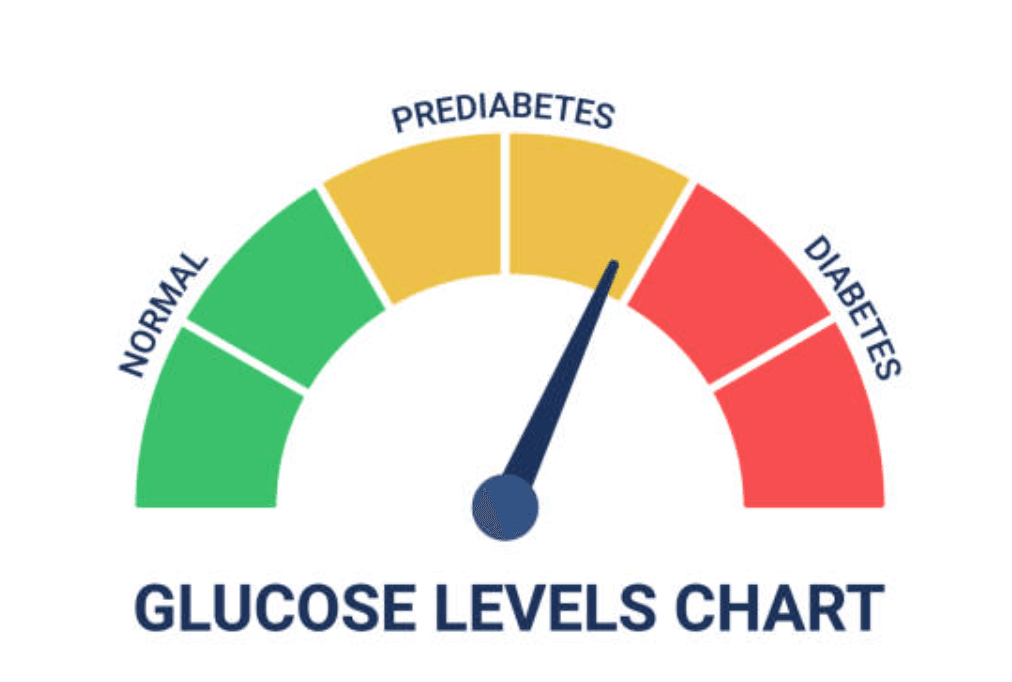How My Patients w/ Diabetes Enjoy Sweet Potatoes!
Sweet potatoes are not just a delicious treat; they offer an array of health benefits that can fit into any diet, including those of diabetics. However, the challenge often lies in managing their sweet flavor—this article explores ways to enjoy them without spiking blood sugars.
Sweet potatoes are packed with vitamins and minerals, including Vitamin A, Vitamin C, potassium, and fiber. These nutrients bolster immune function, aid in vision, and support cardiovascular health. More so, they offer antioxidants that protect against oxidative stress, akin to rust in arteries, which can lead to cardiovascular diseases.
Foods are ranked on the glycemic index based on how quickly they raise blood sugar levels. Sweet potatoes have a relatively low glycemic index of 55, suggesting they won't spike blood sugars as dramatically as other carbs. However, part of responsible consumption is watching portion size. A reasonable serving is around half a cup of cooked sweet potatoes. Overconsumption can negate the benefits by increasing the glycemic load, challenging even those who usually manage their blood sugars well.
- Opt for baking instead of frying to maintain their natural nutrients and minimize absorption spikes.
- Pair sweet potatoes with healthy fats and protein like olive oil, avocado, or chicken to stabilize blood glucose levels.
- Try freezing sweet potatoes before cooking to reduce glycemic index further.
Research has highlighted sweet potatoes' potential in improving fasting blood sugar levels and insulin sensitivity when incorporated into a balanced diet. They can be incorporated into meals as a nutrient-dense carbohydrate alternative, providing fibrous benefits which aid digestion and glucose moderation.
"Although it's not that bit of a carb, if you overload yourself and eat too much at a time, your blood sugar will go up." — Dr. Ahmad Eran
At the crux of sweet potato consumption is balance and choice. Despite their rich, sweet taste and nutritionally dense profile, proper portioning and smart pairing with proteins and fats are crucial for those managing their sugars. When well-managed, sweet potatoes can be a delicious and nutritious part of a diabetes-friendly diet.
For further insights and delicious health tips, join Dr. Ahmad Eran's journey in tackling diabetes with manageable habits and exploring the latest in dietary health—the invitation to “try and choose healthy” is open to all.
From Around The Web
Wellness Inbox is a blog & weekly newsletter that curates trending news and products related to health and wellness from around the web. We also gather content from various sources, including leading health professionals, and deliver it directly to you.
Please note that we may receive compensation if you purchase any products featured in our newsletter. Wellness Inbox is not affiliated with, nor does it endorse, any health professionals whose content may appear in our newsletter. The information provided is for general informational purposes only and should not be considered medical advice.
The information provided is not intended to replace professional medical advice, diagnosis, or treatment. All content, including text, graphics, images, and information available is for general informational purposes only. We do not guarantee the accuracy or completeness of any information presented and assume no liability for any errors or omissions. The content is subject to change without notice. We encourage you to verify any information with other reliable sources and consult your physician regarding any medical conditions or treatments.







